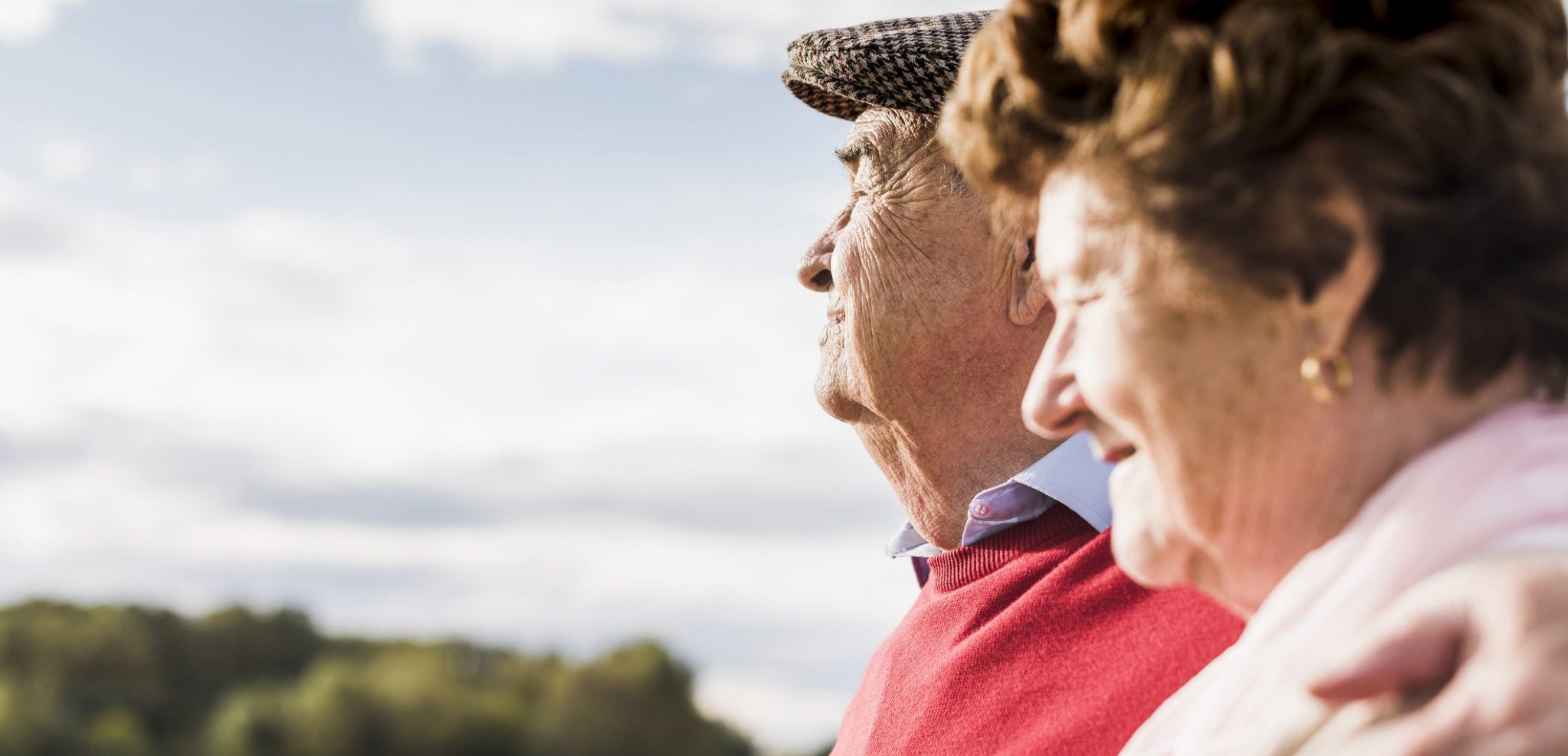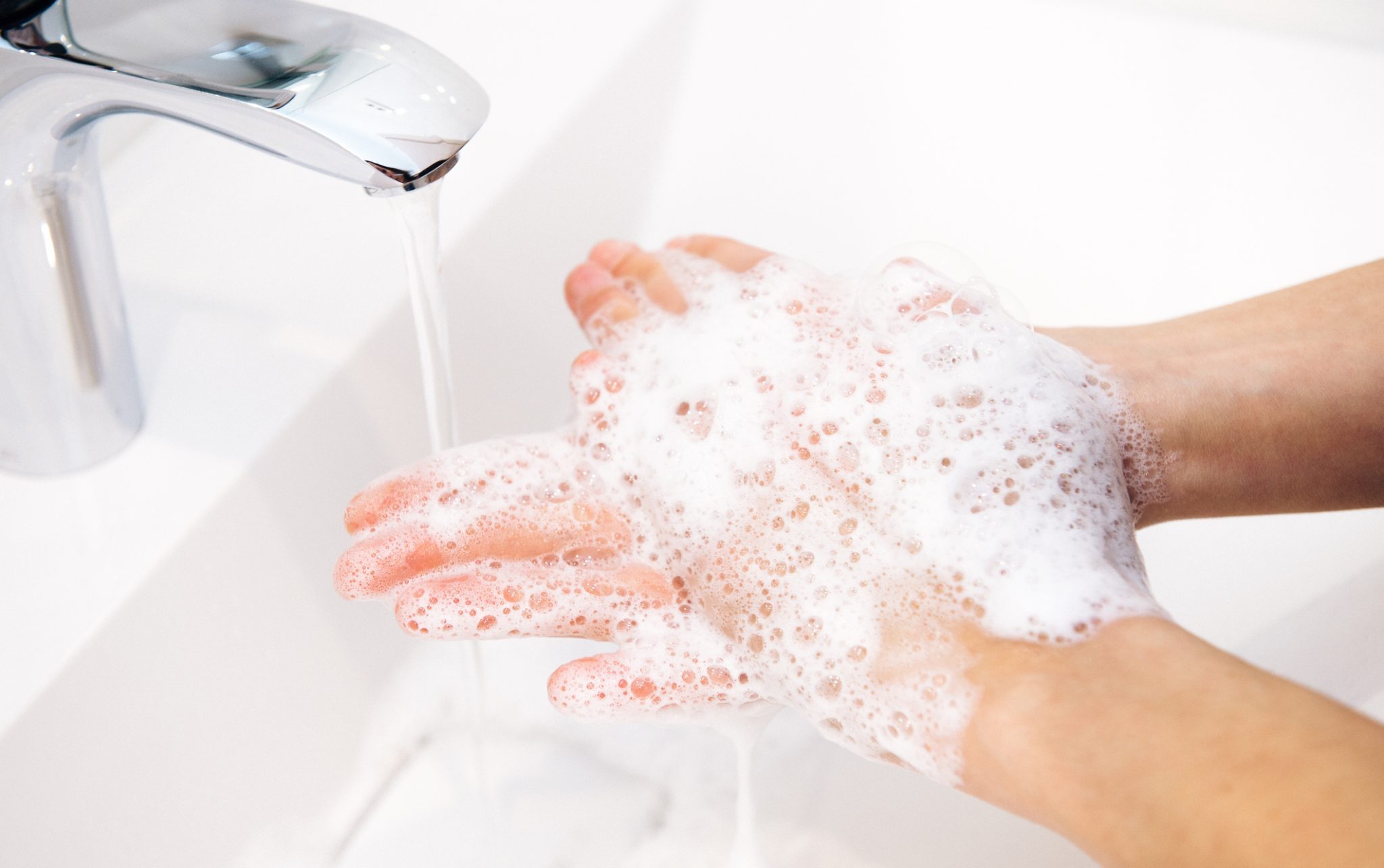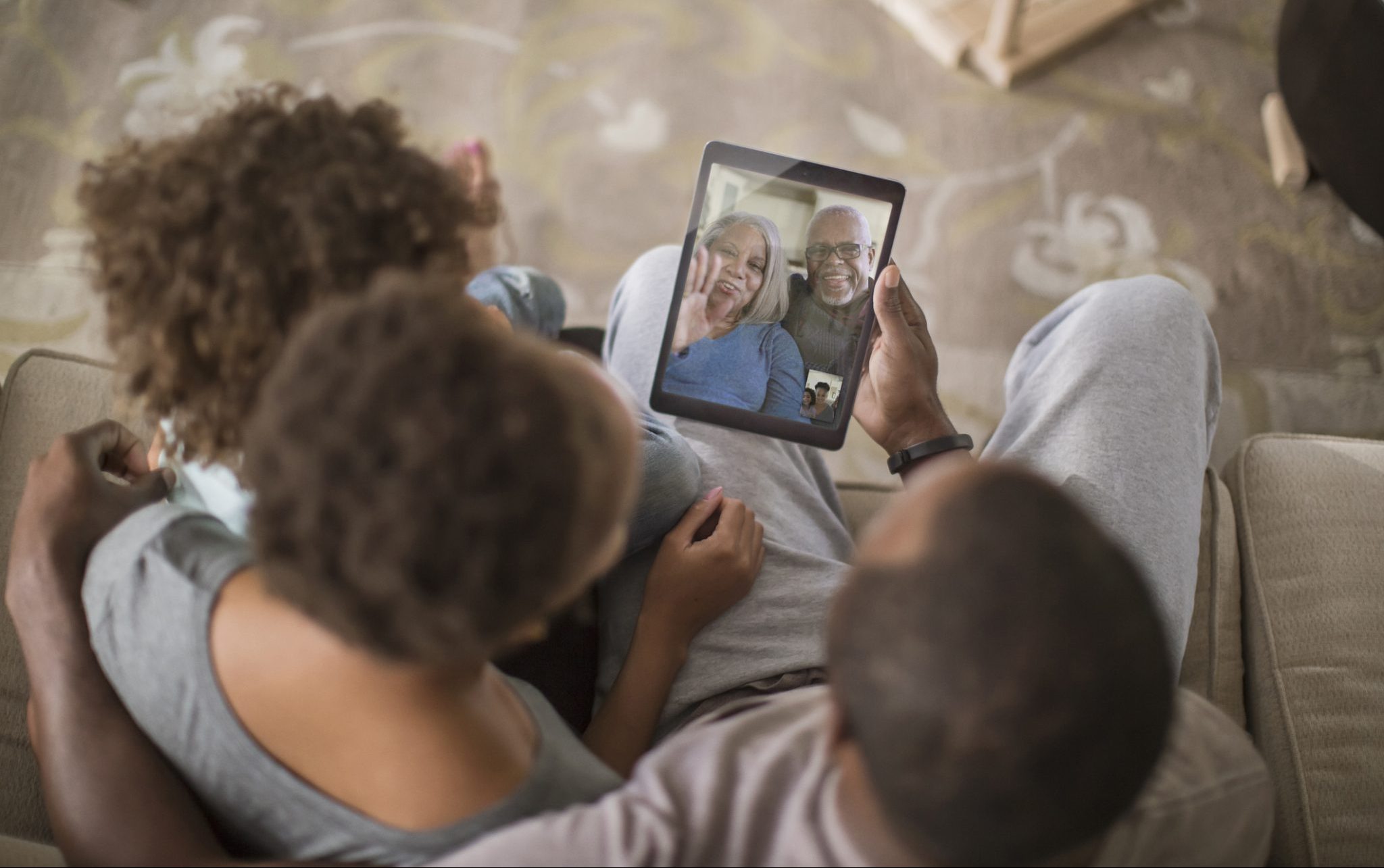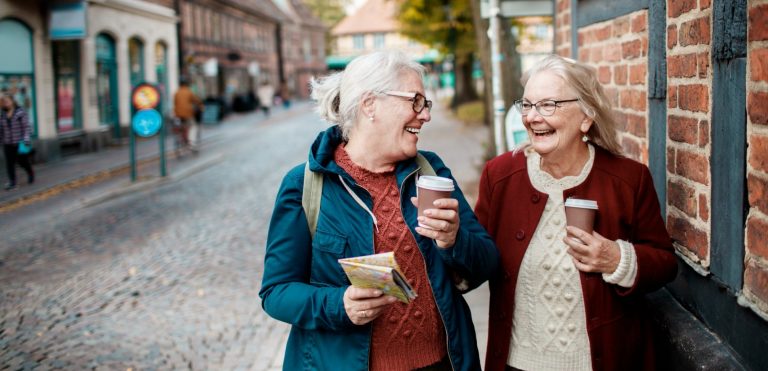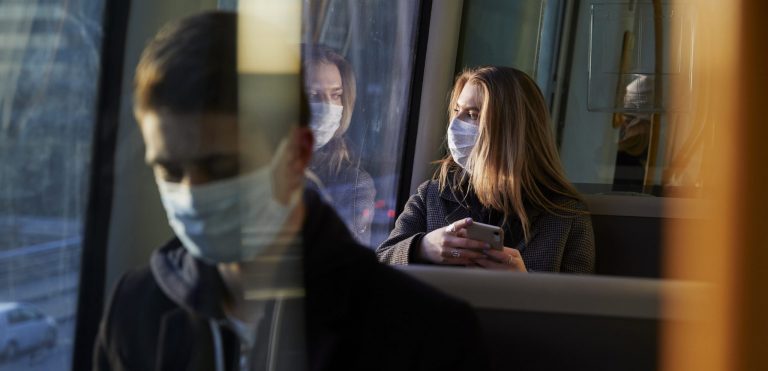In times of uncertainty, we usually seek the support of our friends and family. But, unfortunately, it is something the novel coronavirus is using against us. That’s why our natural urge to reach out to our closest social ties during the crisis and talk to our loved ones over dinner is currently discouraged and by none other than the World Health Organization.
By this point in time, it’s most likely you know that people over 60, and especially over 80, are more severely affected by grave or fatal infections. And even more so if these people have pre-existing health conditions.
Keeping a distance of at least 6 feet (or 2 meters) between you and them can help reduce their risks. That’s why the term ‘social distancing’ is not just some trendy new notion, it can quite literally save lives. But let’s take it one step at a time.
Why is it so important right now?
Unless you’re like Jared Leto, who’s just returned from a silent meditation trip and discovered the world that’s changed beyond recognition, you already know the answer to this question.
Recently, there has happened an outbreak of a new virus disease called COVID-19, more commonly known as the coronavirus. It has touched a diverse collection of countries around the world – 176 in total. The virus has infected more than 246,500 people worldwide claiming the lives of 10,062*.
The numbers are accurate as of March 20, 2020.
This virus is dangerous because it’s new to us, no one is immune to it and at the moment we don’t have any way to fight it. WHO have recently classified the novel coronavirus as a pandemic.
What do we do now?
There are many things you can do to help halt the spread of the coronavirus, and thus protect those most susceptible to this virus. Here’re the ways you can help reduce their risks:
- clean your hands with alcohol-based hand sanitizer or wash them regularly with soap and water;
- practice respiratory hygiene, i.e. cover your mouth and nose with your bent elbow or tissue when you cough or sneeze;
- stay at home if you feel even a little sick;
- seek medical care if you have fever, cough and difficulty breathing;
- practice social distancing, or to put it simply: reduce close contact between you and others, avoid mass gatherings, maintain a distance of about 6 ft (2 meters) from other people.
What makes older people more vulnerable?
According to the WHO, when people over 60 are infected, they are more likely to get really sick and develop serious and even fatal complications, even if in general they don’t have or have minor health problems. People in advanced old age with underlying medical conditions are in a high risk group. Medical experts say that it’s because the immune system weakens as we age.
I’m young and presumably healthy, can I visit my grandma?
It’s better if you don’t. Even though older people and those with pre-existing health conditions are most vulnerable to this virus, not a single person is immune to it. There is no vaccine yet, no herd immunity or natural protection.
The incubation period for COVID-19, which is the time between catching the virus and the show of symptoms of the illness, ranges from 1 to 14 days, in some cases even to 27 days. Scientists believe that some people may be contagious even if they're not showing any symptoms yet. So, even if you have only some mild symptoms or don’t even realize you’re sick, especially at the early stages of infection, you can pass it on to many other people.
As you can see, it’s best if you abstain from visiting your parents and grandparents for the time being.
How to support and care for the elderly from a distance
Your parents and grandparents have most likely heard the recommendations that in order to minimize their chances of contracting coronavirus, they need to stay put. But, of course, self-isolation can feel pretty lonely and depressing for them. It’s something that they desperately tried to avoid. You may even find it difficult to persuade them that they need to limit their contacts with you and others for their own safety.
1. Approach this topic gently
Try to understand how difficult it is for them to accept the reality in which they won’t see their children and grandchildren for a while. Don’t get frustrated with them if they disagree to self-quarantine right away. Be respectful and patient while trying to convince them. Be prepared to have this conversation several more times with them. It’s not easy to comprehend that their life, as they know it, has to suddenly shut down.
2. Check in with them regularly
Keep regular contact with those who found themselves in a vulnerable position. Use FaceTime or videoconferencing tools and programs like Google Hangouts, Zoom, and a good old Skype to connect with your older family members and friends. They might be worried about feeling isolated, so it’s important to constantly remind them that you care for them and that they are not alone. Help them not to lose touch with the outside world.
3. Ensure delivery of necessities
Use online food delivery services to make sure your parents and grandparents have their pantries filled for a long stay at home. Ask couriers to drop bags with groceries at the door to help your loved ones avoid unnecessary contact. Make sure they have all the medications they have been prescribed or might need.
4. Help them stick to their routines
There are so many encouraging examples of people doing their best to lift each other’s’ spirits while living under lockdown. Uplifting videos of people playing bingo from the windows, doing rooftop aerobics, balcony concerts in Spain and Italy are flooding the Internet.
Certainly, there are gatherings and rituals your parents and grandparents normally attend to, too. Maybe they visit their neighbors, or you gather for lunch on a weekend. Even though these things can’t be organized in the same way that you’re used to, you can still help them keep their appointments. Meet up for a meal or watch your favorite soap opera together via a Skype call. Explain how they can organize a conference call with their neighbors using Zoom or Google Hangouts. It’s not the same, but it’s definitely better than skipping those rituals.
Even, or especially, in times like these, it’s important to try and stay positive. As the popular saying goes: “This too shall pass”. And it will. That’s why it’s a good thing to discuss what you all will do when this is over. It’s okay if there are no dates in your plans, just something you all can look forward to.
Keep yourself and your loved ones safe and healthy.

